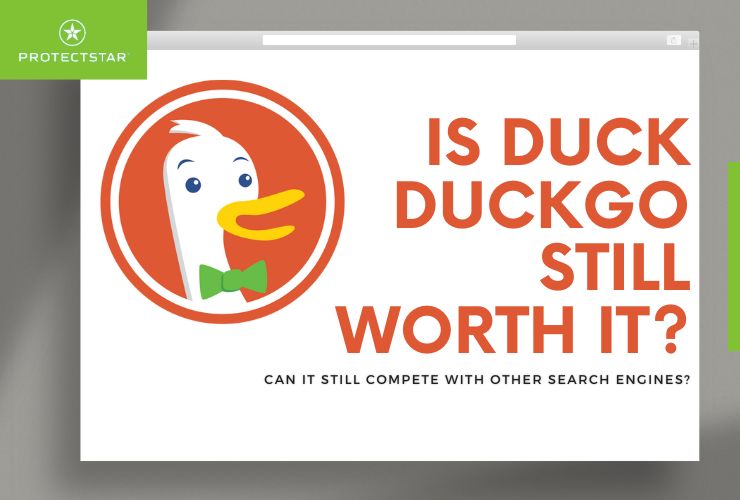Is DuckDuckGo Still the Privacy Champion in 2024? A Deep Dive

DuckDuckGo has carved a niche for itself in the search engine landscape, prioritizing user privacy above all else. But in 2024, is it still relevant and effective? Let's delve into the various aspects of DuckDuckGo and see if it remains a worthy alternative.
1. Relevancy of Search Results:
While DuckDuckGo excels in privacy, some users report a drop in search result relevancy compared to competitors like Google or Bing. This is because DuckDuckGo doesn't personalize results based on search history or user data.
However, it's important to note that Bing itself has made significant strides in recent years, offering more relevant results tailored to the user's location and search intent. This means the gap between DuckDuckGo and other search engines in terms of relevancy might be narrowing.
2. Safety and Transparency:
DuckDuckGo was founded by Gabriel Weinberg in 2008 and is currently backed by various investors. They prioritize transparency and publish regular reports on their website detailing security updates, bug fixes, and new features.
In terms of safety, DuckDuckGo doesn't track users by default and avoids storing personal information. They also block known trackers from third-party websites, offering a safer browsing experience.
3. Non-Trackability:
One of DuckDuckGo's biggest selling points is its commitment to not tracking user activity. This means they don't collect search history, browsing habits, or any other personal data that could be used for targeted advertising or profiling.
However, it's crucial to understand that complete anonymity online is virtually impossible. Your IP address might still be visible to websites you visit, and some internet service providers (ISPs) might still log your browsing activity.
4. Online Reviews:
Positive Reviews:
- Users praise DuckDuckGo for its clean and uncluttered interface free from intrusive ads.
- The focus on privacy is highly valued by those seeking a more secure browsing experience.
- Many appreciate the transparency offered by DuckDuckGo regarding updates and security measures.
Negative Reviews:
- Some users report frustration with the occasional lack of relevant search results, especially for localized searches.
- The absence of personalized features can be a drawback for those accustomed to search engines tailoring results to their preferences.
- A few users express concerns about the limited control over search filters compared to other search engines.
5. Overview of DuckDuckGo:
- Focus: Unbiased search results and user privacy.
- Key Features: No tracking, ad-blocking, focus on security.
- Benefits: Protects user data, avoids targeted advertising, offers a clean browsing experience.
- Drawbacks: May have less relevant search results compared to competitors, limited personalization options.
DuckDuckGo remains a strong contender for users prioritizing privacy and a clean browsing experience.
It still faces stiffer competition in 2024. While it remains a champion for privacy, other search engines like Bing are catching up in terms of offering:
- Improved relevancy: Bing has made significant progress in personalizing search results based on user location and search intent, potentially narrowing the gap with DuckDuckGo.
- Enhanced features: Some search engines offer additional features like integrated image and video searches, news feeds, and even shopping functionalities, which DuckDuckGo currently lacks.
Therefore, DuckDuckGo might not be the ideal choice for everyone.
Making the right search engine choice depends on your individual needs. If absolute privacy is your top concern, DuckDuckGo is an excellent option. However, if you prioritize highly relevant results and personalized features, you might consider exploring other search engines alongside DuckDuckGo.